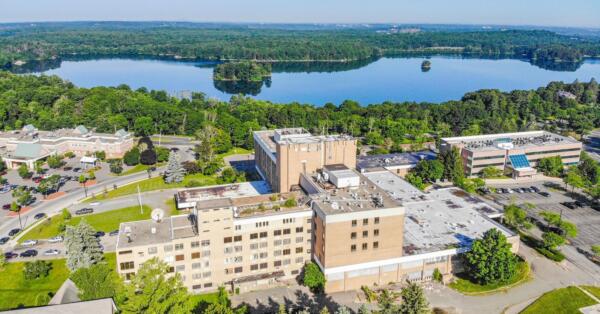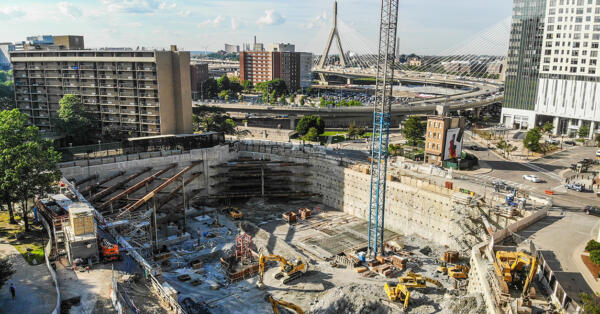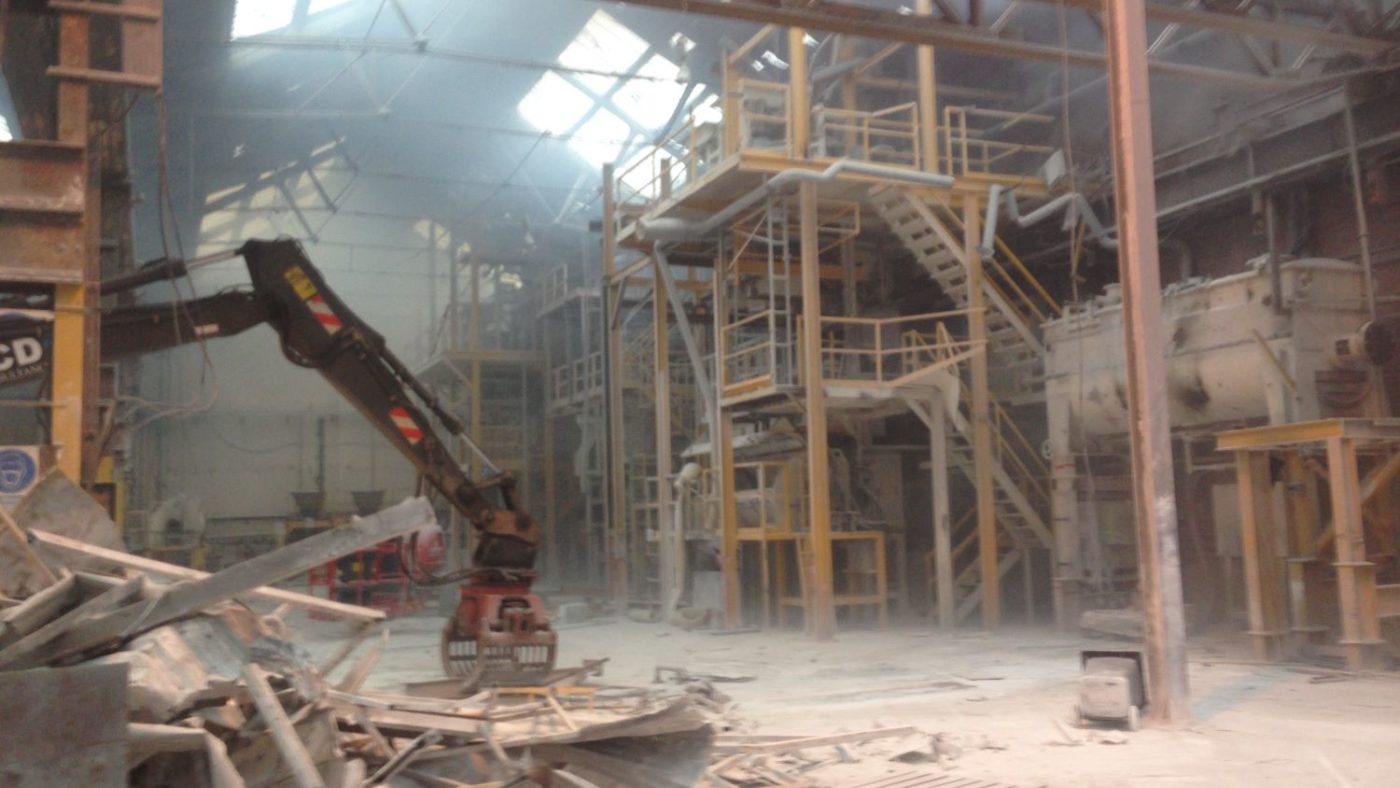Green and Sustainable Deconstruction (GSD) is the practice of considering environmental, social and economic effects of structure demolition into a site redevelopment project. The practice focuses on the selection and implementation of deconstruction methods that will maximize the environmental benefits of recycling and reuse of materials while attempting to minimize costs.
Demolition materials amount to approximately 90% of the total amount of Construction and Demolition (C&D) material generated while construction only generated 10%. In 2014, EPA estimates that over 534 million tons of C&D debris were generated in the United States; more than twice the amount of generated municipal solid waste1. This provides a significant incentive to consider green deconstruction methods that will maximize reuse and recycling as part of your redevelopment project.
What are the Benefits of Implementing Green and Sustainable Deconstruction Practices?
GSD Practices focus on three main objectives that are maximized during the planning stages of the project:
Waste Minimization: Traditional demolition projects commonly reuse or recycle approximately 15-20 percent of all demolition materials depending on the type of structures being demolished. Green deconstruction projects focus on identifying and establishing measurable metrics to enhance reuse and recycling of demolition materials, thereby, minimizing waste generation.
Maximizing Reuse and Recycling: GSD projects enhance reuse potential by introducing reuse and recycling Best Management Practices (BMPs) and goals early in the planning process. This will allow adequate time to survey buildings and sites and identify local reuse partners in advance of planned deconstruction projects.
Environmental Impact Reduction: Proper planning of deconstruction work will minimize the environmental impact of the project by helping reduce fugitive dust emissions, greenhouse gas emissions, water quality degradation, water use, and erosion and sedimentation while preserving our ever-dwindling landfill space.
How do I Implement Green and Sustainable Deconstruction Practices into My Project?
Implementation of Green and Sustainable Deconstruction BMPs should begin during planning stages of a project in order to facilitate sustainable practices and materials management throughout the deconstruction and maintenance phases. Key BMPs to reduce the environmental impact of your project include:
- Survey onsite buildings and infrastructures to determine the potential to reuse existing structures and equipment or their components as a substitute for virgin materials.
- Investigate potential off-site sources such as nearby facility that have a need for deconstruction materials (e.g. processed asphalt, brick, and concrete deconstruction debris).
- When materials cannot be recycled or reused, select landfills that are environmentally preferably (e.g. closer to project site to reduce emission from trucking, etc).
- Set goals for the project based on the information gathered above to divert a minimum percentage of the uncontaminated C&D materials generated at the site, and include this goal in the site waste management plan.
- Implement deconstruction techniques that involve preserving useable portions of existing structures and sort clean materials.
- Salvage clean materials with potential value for on-site reuse, recycling, resale, or donation.
- Link the deconstruction project with a current or upcoming renovation project to increase the amount of materials beneficially reused.
How do I ensure the BMPs and project goals for GSD are implemented?
It is important that the GSD goals and objectives are defined prior to the development of the project bid specifications. Deconstruction plans and specifications that include the environmental and economic goals of the project enable successful quality-based contractor selection with accurate cost comparisons. They also ensure that established GSD goals and metrics are considered for every aspect of the project.
Successful Green and Sustainable Deconstruction projects require a detailed and robust auditing program that is monitored through full-time construction monitoring. Monitoring and auditing results need to be evaluated regularly in order to identify opportunities for continued performance improvement and project optimization. These are compiled at the completion of the project to measure the success of the project versus planned goals.
Most large companies have internal sustainability goals that the implementation of a Green and Sustainable Deconstruction can help your firm meet. VERTEX professionals are ready to help you evaluate the positive economic, environmental, and social impact of GSD on your next project.
To learn more about VERTEX’s Environmental Consulting services or to speak with an Environmental Expert, call 888.298.5162 or submit an inquiry.





